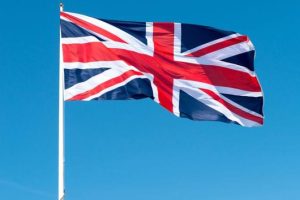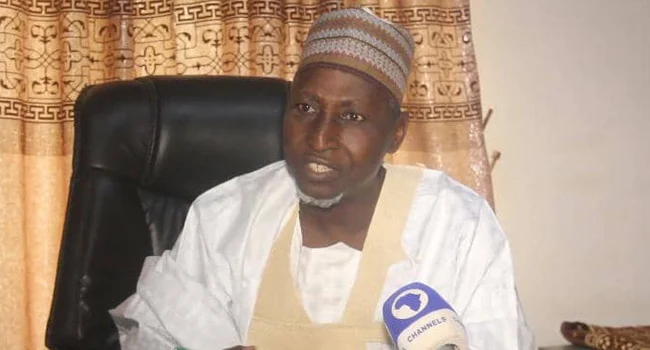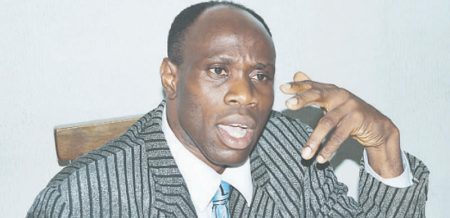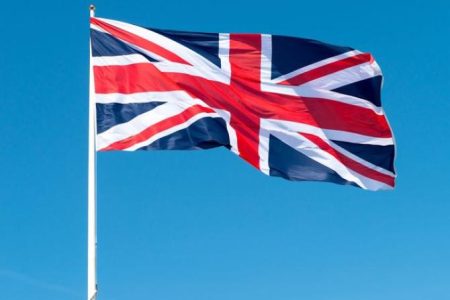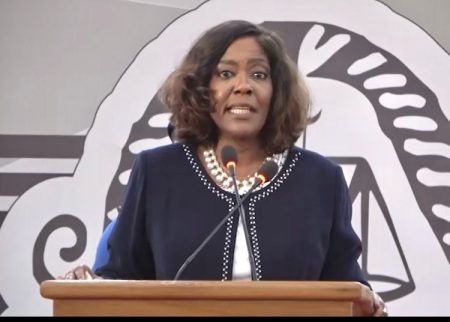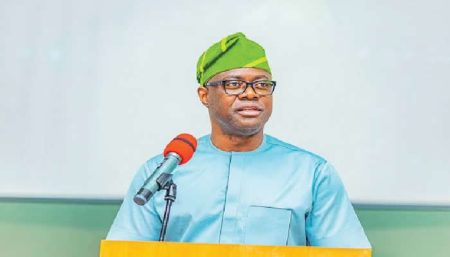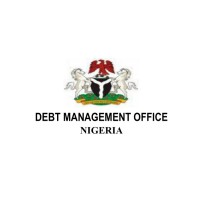The Federal Government of Nigeria has embarked on an ambitious endeavor to bolster its informal economy through the launch of the Renewed Hope Government Enterprise and Empowerment Programme (RHGEEP 3.0). This initiative, which constitutes the third phase of the GEEP, aims to reach five million beneficiaries by 2027, representing a significant expansion of the program’s reach and impact. With a core focus on financial inclusion, the RHGEEP 3.0 seeks to empower marginalized groups, including women, youth, artisans, petty traders, and smallholder farmers – those who constitute the bedrock of Nigeria’s informal economic sector. The program’s strategic recalibration emphasizes trust, consistency, and accountability as its guiding principles, aiming to build a robust and sustainable system of microcredit that effectively serves the needs of the underserved.
RHGEEP 3.0 represents a significant evolution from its predecessors, GEEP 1.0 and 2.0. While acknowledging the past successes of the program, including its role in expanding micro-enterprises and providing opportunities to those excluded from traditional financial systems through schemes like TraderMoni, MarketMoni, and FarmerMoni, the new phase emphasizes a shift in approach. This recalibration is driven by the need to address challenges encountered in earlier phases, particularly concerning transparency, accountability, and repayment mechanisms. The program’s architects recognize the crucial role these factors play in ensuring the long-term sustainability and effectiveness of the microcredit ecosystem.
The heart of RHGEEP 3.0 lies in its commitment to building trust among beneficiaries, the public, and stakeholders. This involves ensuring equitable access to credit, promoting fairness in the application and disbursement processes, and enforcing clear repayment obligations. The program aims to foster a culture of responsible borrowing and repayment, recognizing that this is essential for the sustainability of the microcredit system. By emphasizing transparency and accountability, RHGEEP 3.0 aims to inspire confidence in the program and ensure that its resources are used effectively to achieve its intended goals.
A key strategic objective of RHGEEP 3.0 is to deepen financial inclusion through strategic partnerships with fintech companies. This digital focus recognizes the transformative potential of technology in reaching underserved communities and providing access to financial services. Furthermore, the program aims to strengthen collaboration with state and local governments, recognizing their crucial role in reaching beneficiaries at the grassroots level. By forging strong partnerships and leveraging digital tools, RHGEEP 3.0 seeks to create a more efficient and effective system for delivering microcredit to those who need it most.
The government recognizes the ambitious nature of its target of reaching five million beneficiaries by 2027. However, it believes this goal is attainable through collaborative efforts among government agencies, financial institutions, and civil society organizations. Effective communication with the public is also considered crucial for the success of the program. By engaging with stakeholders and ensuring that the program’s objectives and benefits are clearly communicated, RHGEEP 3.0 aims to generate widespread support and participation.
RHGEEP 3.0 is positioned as a key component of the Renewed Hope Agenda of President Bola Ahmed Tinubu. This initiative underscores the government’s commitment to economic empowerment and poverty alleviation. By providing access to affordable credit and supporting the growth of micro-enterprises, RHGEEP 3.0 is expected to play a significant role in stimulating economic activity, creating jobs, and improving the livelihoods of millions of Nigerians. The program’s focus on accountability, transparency, and sustainability reflects a commitment to building a robust and effective system that can deliver long-term benefits to the informal sector and contribute to broader economic development.




